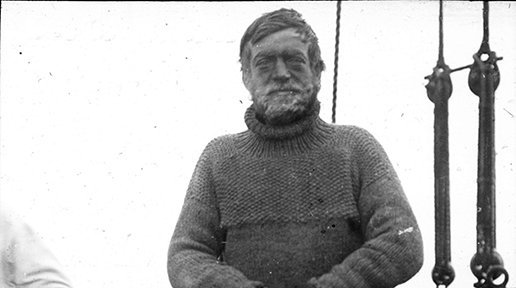The cycle touring experience
August 21, 2019 Filed under Inspiration, Introspection
For some of the time, the experience of a cycling tourist is the same as any other tourist. You see the usual landmarks, walk through the usual museums, eat at the same restaurants, stay at the same hotels, and go on many of the same excursions. From all that, you get the same impressions as anyone else.
But that experience is cut into small pieces, and spread out along the body of a much stranger experience. You begin a relationship with the landscape itself; one that develops over a long period of time. You will see it, smell it, hear it, feel it, for hours every day as it slowly unfolds around you.
Some days the land will delight you. The land will also test you and fight you and punish you, in ways that no other tourist will know. Not the motorcyclists who breeze up every incline, not the hikers who ride the buses from place to place and don’t even look at almost all the land they’re skipping. Out in these huge stretches of supposedly in-between space, a bike tour becomes a true journey, and places its stamp on you. You will look back and realize that your time was filled with moments of discovery and pain and change and almost all of those moments happened in otherwise unknown spots, found randomly by the side of the road, not listed on any tour guide or even labeled on the map, and almost always unrecognized by everyone else going the same way.
Like that time a sheepdog came running out from a driveway, and when you stopped it put its paws in your lap nuzzled your face hello.
Or that time you were going just the right speed along some pasture, and a herd of horses decided to run alongside you for an entire glorious minute.
Or when you found an incredible picnic spot, or a private waterfall, or a fruit tree, or a curious goat, or some ranchers driving sheep, and just stopped right there to investigate.
Or when you had a really interesting thought, in the private calm between cars on some country road, and had time to write it down before it could escape.
Or when you looked up and saw an owl flying directly overhead in the twilight, checking you out. Or a swarm of bats flapping their way irregularly over the road.
Or when you reached the top of a hill, long after dark, and looked down into a quiet valley made of folded green shadows, dotted with tiny pinholes of light from distant homes, and stretching out to a horizon of low hills in silhouette against a sky turned deep blue by the moon shining eerily behind fingers of luminescent cloud. And as you took in the silent panorama, the breeze came up the hill and you smelled the hay drying in the fields.
Sometimes you are a bit tired, and your mind is wandering, and then these moments ambush you, smashing unceremoniously into your long-term memory and claiming a space there in the ledger. Stamping you. They become something that you might try and describe to other people when they ask you, incredulously, why you actually enjoy riding a bike for days and days down roads that other people blaze through in a few hours by car. You’ll try, but they won’t believe you. For the time it takes you to cross one lousy country, they could take a package tour of like, six countries, and see way more stuff, and post way more impressive selfies on social media.
Bike touring is not for everyone, but if you’ve been called to it, the experience is truly unique, and always worthwhile.

